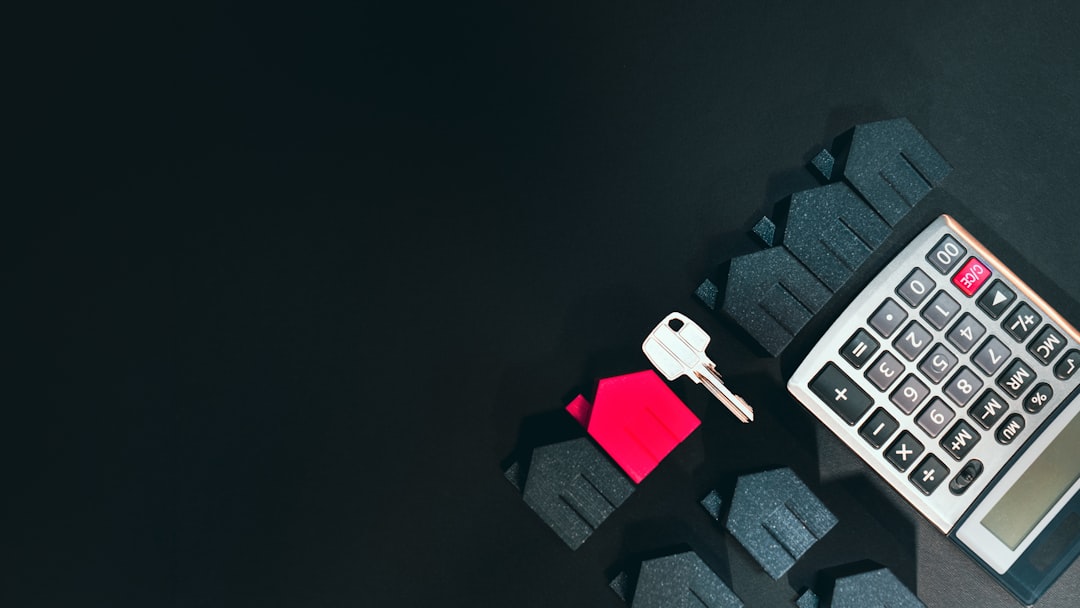Personal Loans for Debt Consolidation: Choose between secured (collateralized, lower rates) and unsecured (no collateral, quicker approval, higher rates) options based on your asset availability, creditworthiness, and debt management goals. Assess total debt, compare lender terms, check your credit score, and pre-approve multiple offers to find the best personal loan consolidation for effective debt management.
Struggling with multiple debts? Explore the power of personal loans for debt consolidation. This guide breaks down secured and unsecured debt consolidation loans, helping you navigate these options effectively. Understand their unique benefits and risks, and learn strategic tips to select the best personal loan suited to your financial needs. Take control of your finances by making an informed decision today!
- Understanding Secured and Unsecured Debt Consolidation Loans
- Comparing Benefits and Risks of Each Option
- Strategies for Choosing the Best Personal Loan for Debt Consolidation
Understanding Secured and Unsecured Debt Consolidation Loans

Debt consolidation is a popular strategy for managing multiple debts by combining them into one loan with a lower interest rate. When considering this approach, borrowers often encounter two primary types: secured and unsecured debt consolidation loans. The main difference lies in the collateral involved.
Secured personal loans for debt consolidation require borrowers to put up an asset as security, such as their home or car. This ensures the lender in case of default on repayment. Unsecured loans, on the other hand, don’t require any collateral and are based solely on the borrower’s creditworthiness. While unsecured loans offer greater flexibility, secured loans typically feature lower interest rates due to the reduced risk for the lender. Understanding these options is crucial when deciding on a debt consolidation strategy that aligns with your financial goals and circumstances.
Comparing Benefits and Risks of Each Option

When considering debt consolidation, a key step is evaluating the benefits and risks of secured versus unsecured personal loans. Secured loans require collateral, often your home or vehicle, offering potentially lower interest rates and longer terms but carrying the risk of asset loss if you default. Unsecured loans, free from collateral requirements, are generally faster to approve, convenient for those with limited assets, yet come with higher interest rates and shorter repayment periods—a significant consideration for managing debt effectively.
Each option presents unique advantages and drawbacks. For borrowers with strong credit and valuable assets, secured loans provide a more financially prudent path. Conversely, unsecured personal loans become appealing choices for individuals seeking swift relief without sacrificing major possessions. Ultimately, the best decision depends on individual financial health, asset availability, and strategic debt management goals.
Strategies for Choosing the Best Personal Loan for Debt Consolidation

When considering personal loans for debt consolidation, it’s crucial to assess your financial situation and goals. Start by calculating your total debt amount and the interest rates associated with each creditor. This will help determine the level of savings a consolidation loan can offer. Compare various lenders’ terms, including interest rates, repayment periods, and any fees or charges. Opting for a lower interest rate and a flexible repayment term can significantly impact long-term savings.
Additionally, evaluate your creditworthiness by checking your credit score. Lenders will consider this when offering loan terms. A strong credit history often leads to more favorable conditions, such as lower rates and higher borrowing limits. Consider pre-approving multiple loan offers to have a clearer idea of the market options available to you. This strategic approach ensures that you make an informed decision when choosing the best personal loan for debt consolidation, ultimately helping you manage your debts effectively.
When considering personal loans for debt consolidation, understanding the differences between secured and unsecured options is key. Secured loans offer potential savings on interest rates but come with the risk of losing collateral, while unsecured loans provide greater flexibility with no collateral required. By carefully evaluating your financial situation and comparing the benefits and risks of each option, you can make an informed decision to consolidate debt effectively and improve your financial health.
